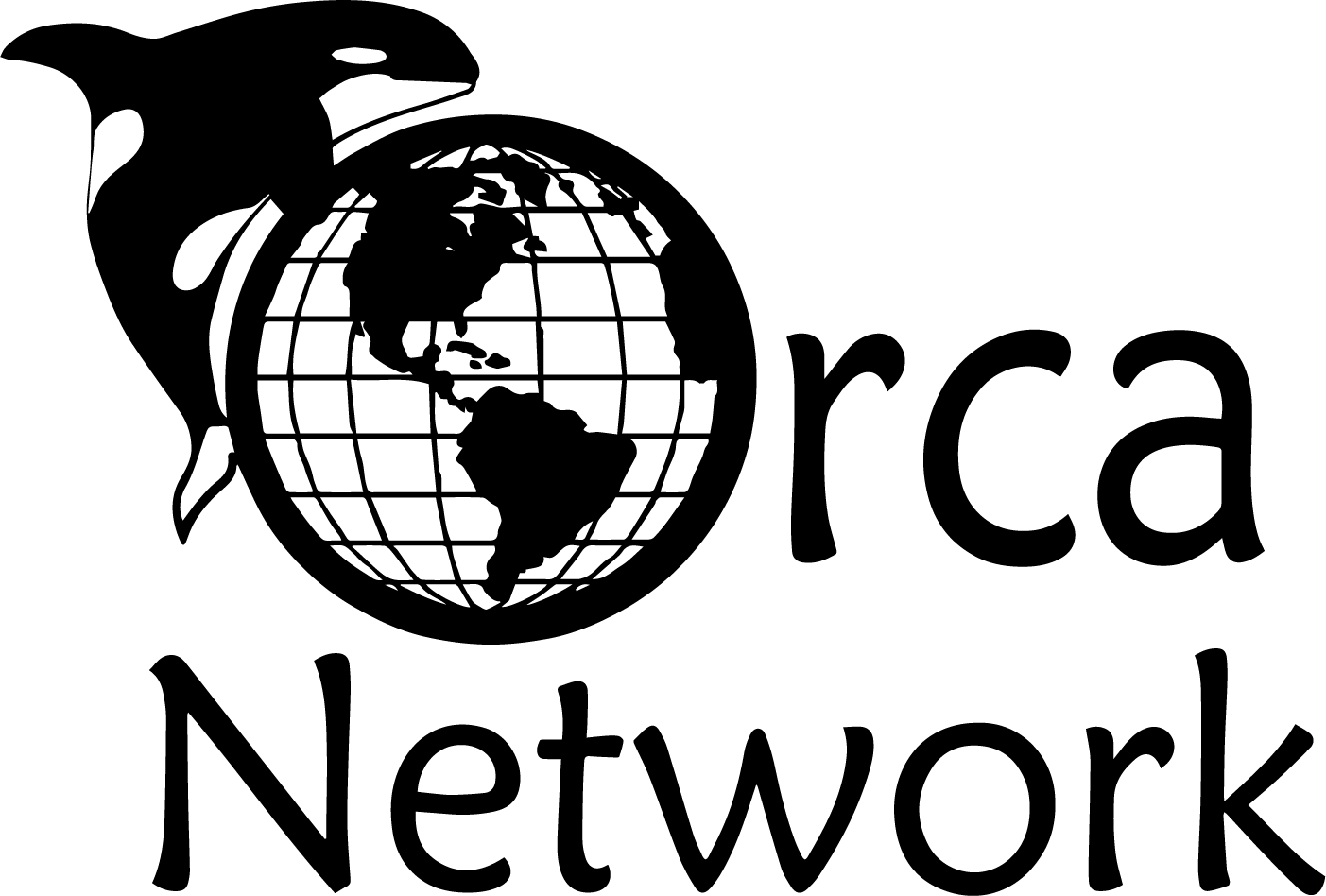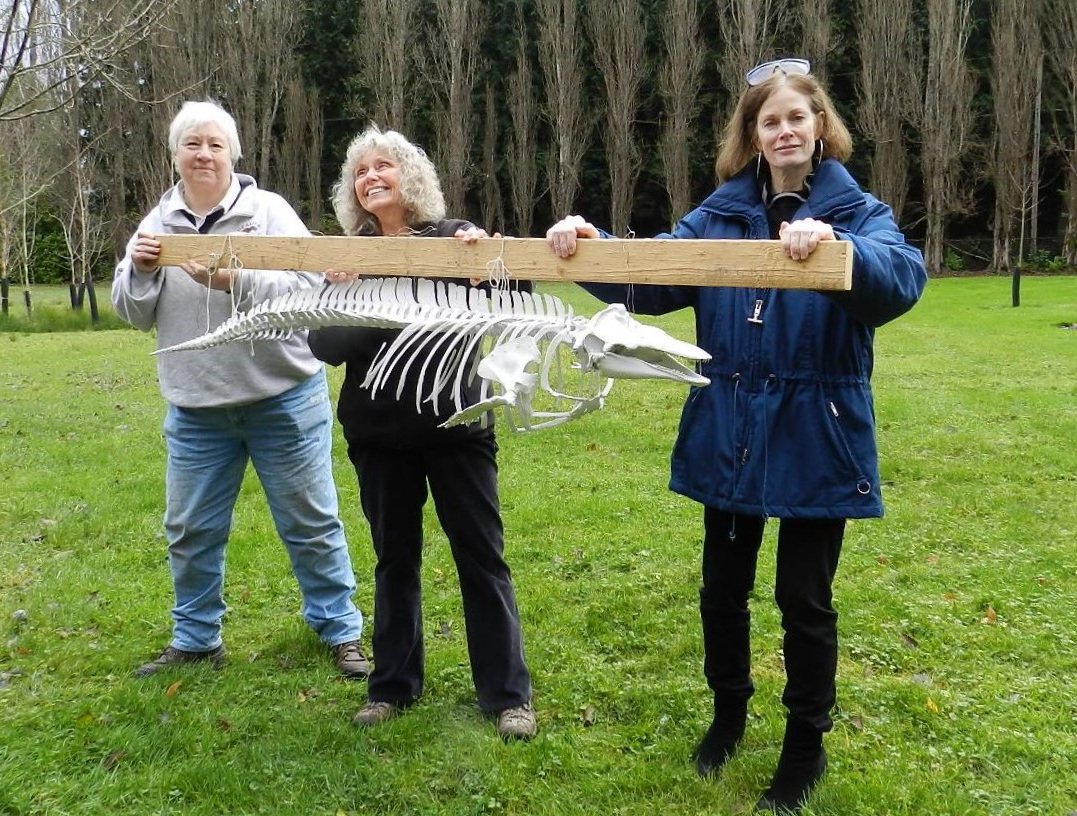
Central Puget Sound MMSN is a partnership between Orca Network, wildlife veterinarians and biologists, and NOAA Fisheries, with trained staff and volunteers.
Stranding Networks respond to dead and live strandings of marine mammals on the beach. Volunteer stranding networks were established in all coastal states and are authorized through Letters of Authority from the National Marine Fisheries Service regional offices. Through a National Coordinator and five regional coordinators, NMFS oversees, coordinates, and authorizes these activities and provides training to personnel.
What do we do?
~Respond to marine mammal strandings in Island, Skagit and North Snohomish Counties
~Act as liaison between agencies and the general public
~Collect data for the National Marine Mammal database via photographs and written reports
~Collect specimens and perform necropsies for research, testing, and educational display
~Provide public education and safety information to avoid adverse reactions between people and marine mammals
*Our staff and volunteers are available for informative and entertaining pinniped and/or other marine mammal presentations. Contact us at: strandings@orcanetwork.org
This baby seal pup should not be disturbed. If a pup or other seal or sea lion remains on a beach more than 24 hours with no sign of its mother returning, or is in a busy, crowded location, please call one of the numbers below.
Report dead or stranded marine mammals
-
To Report Strandings in Island, Skagit and North Snohomish County
Please call: 1-866-ORCANET (866-672-2638), or 949-233-2822.
or email: strandings@orcanetwork.org.
-
Strandings in other regions or in Oregon
Please call the NOAA Fisheries Hotline: 1-866-767-6114.
-
To report large whale entanglements
Please call the Large Whale Entanglement Hotline (Pacific US Coast):
1-877-SOS-WHALE (1-877-767-9425).
-
Strandings in B.C. Canada
Please call DFO’s hotline: 1-800-465-4336.
-
Maps of Strandings in the State of Washington
-
For more information
Please go to: www.nmfs.noaa.gov
What to do when you find a marine animal on the beach
~ Stay at least 50 - 100 yards away, whether in the water or on shore, to prevent disturbance or harassment
~ Keep dogs and other people away - marine mammals carry diseases transmissible to humans, pets and livestock, and they can BITE!
~ Report the animal if it is: Dead or appears injured or sick, a live cetacean on any shore, or a live seal or sea lion on shore in a public place or on a busy beach.
~ If you find a seal pup on the beach: its mother is likely feeding nearby.
Please do not:
approach or pour water on it, encourage it back into the ocean, or attempt to feed or remove the pup from the beach - it is unsafe for you and the pup, and is illegal.
Please do:
Report the pup if it remains on the beach for more than 24 hours with no sign of its mother returning, if it appears injured or starving, or if it is being harassed by people or dogs.
Marine Mammal Protection.
Marine mammals are protected by the federal Marine Mammal Protection Act. It is a violation of this law to harass, touch, move, feed or kill ANY marine mammal. You can be fined up to $10,000 per violation. Some marine mammals in our area also have additional protection under the Endangered Species Act, including Southern Resident orcas and Steller Sea Lions.



